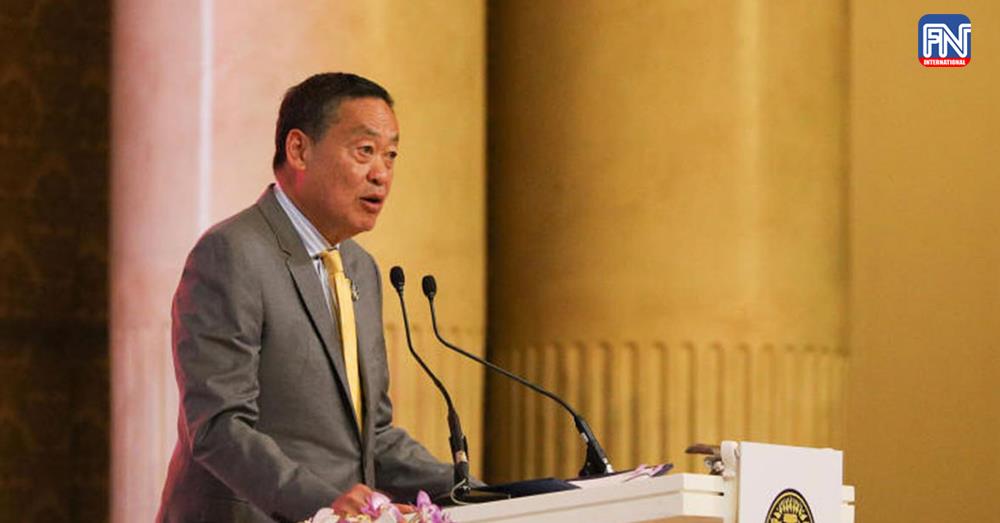Bangkok, Oct. 4 (Bangkok Post) – The government will turn Thailand into an upper-income country within four years, says Prime Minister Srettha Thavisin.
In his policy statement to heads of government agencies across the country on Monday regarding the fiscal 2024 budget, he said that within four years, the Thai economy will expand by an average of 5% per year and the minimum daily wage will be at 600 baht per day by 2027.
In the initial step, the minimum wage will be increased to 400 baht per day and the salary for a university graduate with a bachelor's degree will be 25,000 baht per month. This will be part of a transition towards becoming an upper-income country as the government will be able to collect a higher amount of tax for further investment.
Mr Srettha said that the government emerged in the midst of economic, social, and political challenges, particularly the Covid-19 pandemic. The shock from the pandemic has induced social disparities and inequalities, including in Thailand.
Thailand has also made a commitment at the UN to do the best to solve this issue with other countries.
Mr Srettha said that the state of the global supply chain has been affected by geopolitical conflicts. Furthermore, the structure of Thailand's manufacturing sector is concentrated on only a few product categories and a limited number of export markets.
The country will soon be facing the El Niño phenomenon, which will affect around 20 million farmer households, while farmers are still debt-ridden despite debt suspension programmes provided by several governments.
The government should solve the household debt problem sustainably by promoting financial discipline, increasing production efficiency, partnering with agricultural networks throughout the value chain, and driving agricultural innovation to high value agriculture to increase the value of agricultural products and generate stable and sustainable income for farmers.
The rapid ageing of the population also heralds a new set of challenges and risks with implications for economic growth, fiscal balances, and health.
In the short term, the government will prioritise increasing income, reducing expenses, and investing in infrastructure.
The government's flagship economic stimulus measures, particularly the 10,000-baht digital handout scheme, will stimulate both demand and supply, which would lead to money circulating in the economy and contribute to GDP growth.
The measures aim to stimulate local economies and prevent an over-concentration of income in urban areas. The usage period is valid for six months and it is expected the multiplier effect of the digital handout will revive the economy and generate income for the people.
In terms of tourism, the government will implement visa-free measures similar to those implemented with China and Kazakhstan, and expedite the development of tourist attractions.
Regarding the reduction of the cost of living, the cabinet has already passed a resolution to reduce energy costs, particularly the diesel price to 30 baht per litre and the power tariff to 3.99 baht per unit, along with a plan to reduce expenses on cooking gas and benzene.
Furthermore, the cabinet has approved a debt suspension scheme for 2.7 million small farmers.
Apart from debt suspension, the government will promote agricultural innovations to increase farmers' income, such as reducing the cost of fertiliser through formula adjustments.
The government will also promote and support the development of special economic zones, particularly industries that use advanced technology, by launching equity matching fund by working with the private sector, with the aim being to achieve unicorn status.
Regarding infrastructure investment, the government plans to build more airports to support tourism in secondary cities and connect the railways with China. Travelling on the new electric train will cost 20 baht for the entire line.





